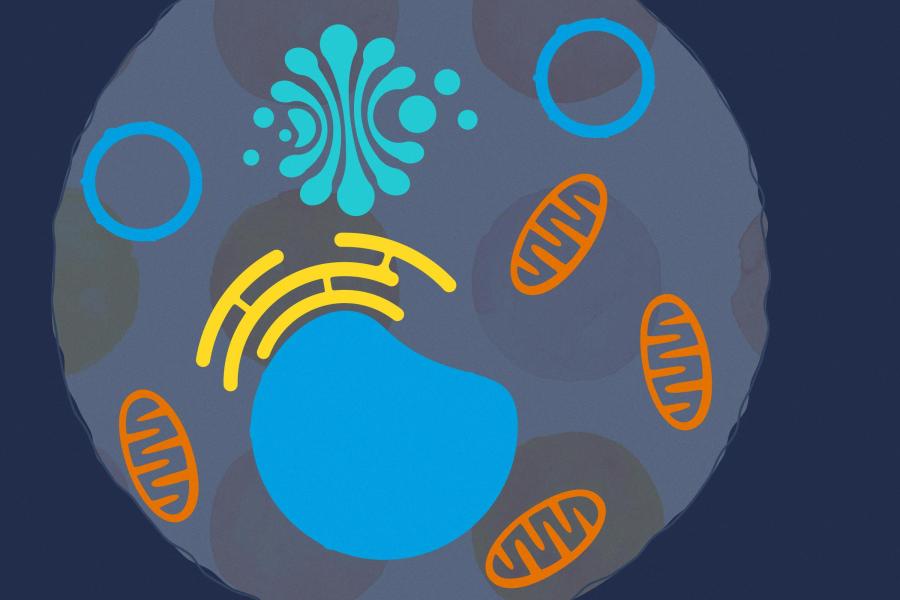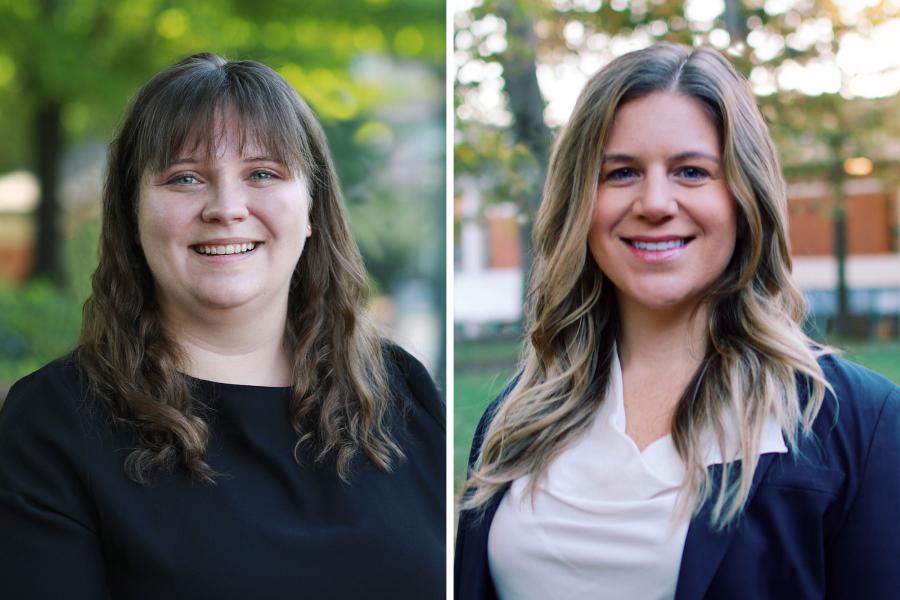A data commons is an open, curated knowledge repository that co-locates data from various sources, including public datasets, administrative records and private sources focused on the region, with analytic tools designed to track issues over time and geography; and allows governments and community stakeholders to continuously learn from their own data and put it to use toward making critical decisions.
Sallie Keller, distinguished professor in biocomplexity and director of the institute’s Social and Decision Analytics Division, and Aaron Schroeder, research associate professor in the Biocomplexity Institute, are co-leading the interdisciplinary research team responsible for creating the innovative tools that will be useful in making decisions that affect the public.
“The Social Impact Data Commons will provide data, indicators, case studies and training to allow local governments and community stakeholders throughout the region to learn from data on an ongoing basis, which will enable the analysis of social, economic and health trends and major events, such as the arrival of Amazon or the pandemic,” Schroeder said.
While data may exist to track these local effects, they are generally located in multiple places and are not currently in a form suitable for research use or answering policy questions. The purpose of the Data Commons is to reverse this trend.
Schroeder added, “The other critical element of the Data Commons is that it will help close the geographic and time gaps in current reporting. While local communities have the data on policies, strategies, events and social behaviors, they often lack the sophisticated analytical tools to use their data to inform policy and strategy development. That’s where we come in.”
The “we” includes a slew of experts, including other researchers from the division and its UVA partners – the Equity Center and the new Collaboratory for Applied Data Science in Business – all in the passionate pursuit of putting data to good use. The Mastercard Impact Fund, with support from the Mastercard Center for Inclusive Growth, is funding the project, and of the same mindset.
“The University of Virginia and the Mastercard Center for Inclusive Growth have a common goal – to use data to inform equitable growth due to economic changes and sustainable recovery from social challenges,” said Chapin Flynn, senior vice president and senior data adviser at the Mastercard Center for Inclusive Growth. “The UVA research team has the experience and expertise to wrangle the data and develop innovative tools and apps for managing, analyzing and sharing data to create an interoperable resource for the research community. The outcomes of these analyses will arm regional decision-makers with evidence to inform policies that will shape the quality of life for everyone.”
Keller said that, along with their partners, they will provide input into the design and measurement methods to create the Social Impact Data Commons. Regional local governments, the business and industry community, NGOs, researchers from regional universities, and the public will be convened as the primary users of the Data Commons and will help guide its development, she noted. The data insights captured are co-developed with these community stakeholders through the “Community Learning Through Data-Driven Discovery” process pioneered by the Biocomplexity Institute. The project also will be guided by an advisory panel with leaders from government, business and non-profit sectors.
Working together, the UVA research team and Mastercard Center for Inclusive Growth hope to not only create a Social Impact Data Commons for the region, and eventually beyond, they have a keen eye toward replicability and scalability so they may share their innovation with other regions across the nation undergoing economic change.
Schroeder said, “What we learn from building this Data Commons could be scaled and replicated to help other localities in the state, country and perhaps the world that are addressing similar issues. If we can achieve that, then we are living up to UVA’s vision to be ‘both great and good’ in all that we do.”










